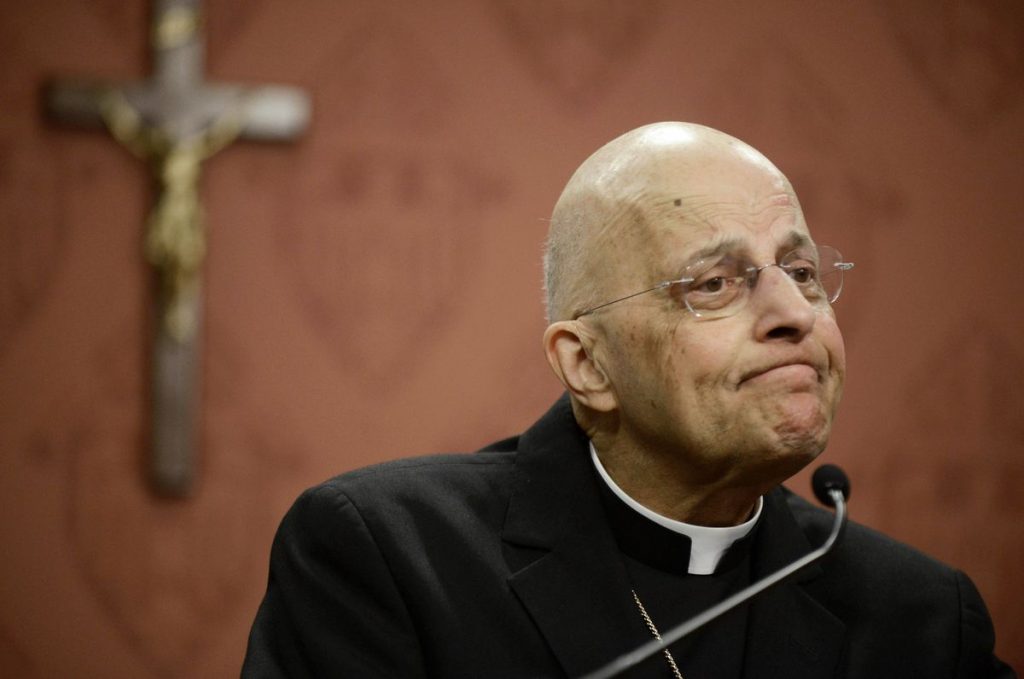 I came across this quote in a recent newspaper article in the aftermath of George Pell’s conviction for sexual abuse of two children. It is a prediction made by fellow Cardinal Francis George of Chicago, who looks a great deal like former Senator David Leyonhjelm, who died of cancer in 2015, and who predicted hard times for faithful church leaders in an increasingly aggressive secular western culture:
I came across this quote in a recent newspaper article in the aftermath of George Pell’s conviction for sexual abuse of two children. It is a prediction made by fellow Cardinal Francis George of Chicago, who looks a great deal like former Senator David Leyonhjelm, who died of cancer in 2015, and who predicted hard times for faithful church leaders in an increasingly aggressive secular western culture:
“I expect to die in bed; my successor will die in prison and his successor will die a martyr in the public square. His successor will pick up the shards of a ruined society and slowly help rebuild civilisation, as the church has done so often in human history.”
We might ask whether this exhibits a pessimistic or fatalist attitude, or is otherwise an exhibition of gross arrogance and a delusion of grandeur. Is western society actually on such a downward trajectory that it is heading for ruin? Might this be the pessimistic ‘hope’ of a churchman mourning the loss of public acknowledgement and position, one whose vision of the Good has been thoroughly superseded by social progress in the modern era?
I suspect that many voices would argue that this is in fact the case. The myth of progress is still deeply entrenched and virile in the western imagination. And Cardinal George was promoted to the position by John Paul II, a recognition of his traditionalist understanding of central Roman Catholic commitments.
Nevertheless, I also suspect that his prediction might contain a more realistic appraisal of the contemporary situation than such critics allow, even if his suggested time frames prove to be inaccurate. He anticipates, probably rightly, an increasingly hostile confrontation of the church by the surrounding culture in years to come. He also believes, rightly or wrongly, that the present trajectory of the culture will lead to its ruin in years to come. Finally, he is convinced that the church will not only endure but survive the ignominy of its cultural rejection, and will be present in the midst of the coming cultural and civilisational crisis to ‘pick up the shards of a ruined society, and help rebuild civilisation.’
What I liked about the quote is his multi-generational vision. Cardinal Francis George was playing a long game. And in this, he was fundamentally correct. If the church today is focussed only on its own ‘success’ and growth, and is not also the church of the martyrs, and a community of humble service, I wonder whether it will survive the coming days.
See: Tess Livingstone, “‘Faith, innocence’ sustain stoic leader in darkest hour” The Weekend Australian, March 2-3, 2019, 18.
See also the appreciative eulogy on Cardinal Francis George by George Weigel.

